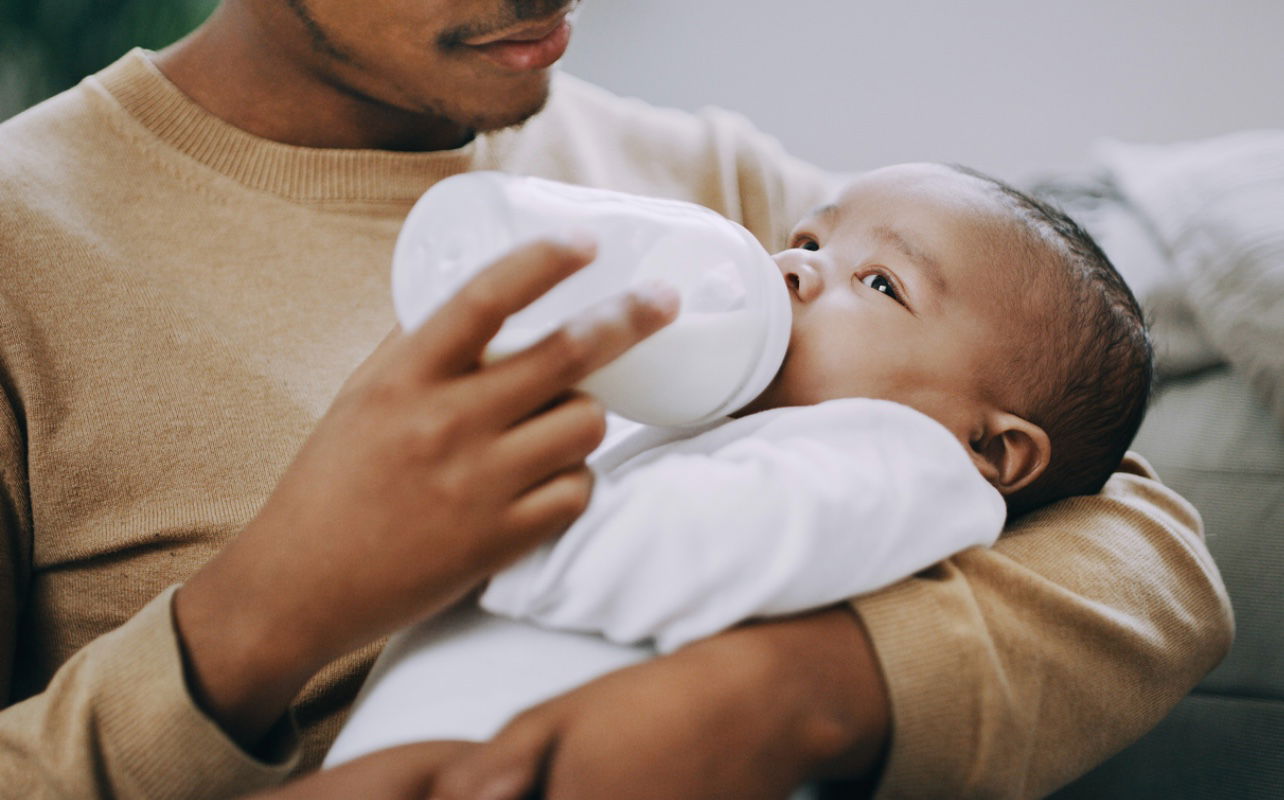
June 5, 2025
While citizens do enjoy many individual freedoms there are a few that are not without condition. Naming a baby is one of them.
The federal government has no official law governing the naming of children, but many states do. Here are a few common limitations in naming throughout the states: numerals, symbols, offensive language, or those resembling official titles.
While American citizens do enjoy many individual freedoms, there are a few that are not without condition. Naming a baby is one of them. USA Today explored the different names and regulations that hinder Americans from embracing their full creativity when naming children.
These limitations aim to ensure clarity in official records and protect children from potential harm or ridicule. Though you may find a “King,” “Queen,” or “Majesty” on an elementary school roster, these names are banned in multiple states as they connote regality.
Furthermore, the use of symbols is also frowned upon and sometimes rejected by state governments. Using numbers or symbols like “III” or “@” is a no-go. Symbols may not process through all databases, presenting a technological issue for any child bearing the name.
The final reason for refusal is offensive language. Expletives or blasphemous names such as “Adolph Hitler” and ‘Jesus Christ” have been majorly banned across the board.
Around the world, countries have banned many names, some for obvious reasons, while others would appear to some as harmless.
- Sarah (Morocco)
- Osama bin Laden (Germany)
- Metallica (Sweden)
- Cyanide (United Kingdom)
- 007 (Malaysia)
- BRFXXCCXXMNPCCCCLLLMMNPRXVCLMNCKSSQLBB11116 (Sweden)
- Prince William (France)
- Quran (China)
- Judas (Switzerland)
- Blue (Italy)
While “BRFXXCCXXMNPCCCCLLLMMNPRXVCLMNCKSSQLBB11116” may be difficult to pronounce, even phonetically spelled names are often mispronounced or frowned upon. Especially when it comes to Black names.
Black Naming Traditions
The patrolling of naming is not a new American invention. Control over the identity of others by authority has existed within the Black community since slavery. Thus, Black people have developed a deep culture of exploration in naming traditions.
Enslaved Black people were often stripped of the names given at birth. Due to their African origins, these names may have been foreign in nature. As a result, anglicized names were given by enslavers, helping to aid in the erasure of Black Americans’ African heritage.
Post-emancipation is when the formerly enslaved began to choose their own monikers. Names were taken from various sources, prominent leaders of the day, occupations, and sometimes names of previous enslavers.
During the Civil Rights and Black Power movements, a shift in naming traditions took place. Along with liberation from Jim Crow, Black people sought out connection with their lost homelands. Names with an “Afrocentric” sound began to become popular. Breaking away from conventional names signaled pride in being Black for many, according to the Gilder Lehrman Institute of American History.
To stand up and identify oneself as Black by the late 1960s and onward was an act of defiance against a history that debased blackness. It was also an affirmation that an oppressed people could seize the power of self-definition. They could declare to the world who they were or at least “hoped to be.” The study continues, “adoption of Afrocentric names—would become important markers of these new values and cultural assumptions.
Today, Black naming traditions continue to evolve, blending historical influences with contemporary creativity. These names often carry deep personal and cultural significance, serving as powerful affirmations of identity and heritage in a society that has historically sought to suppress them.
RELATED CONTENT: Harvard University Agrees To Return Early Slave Pictures To South Carolina African-American Museum IAMM

